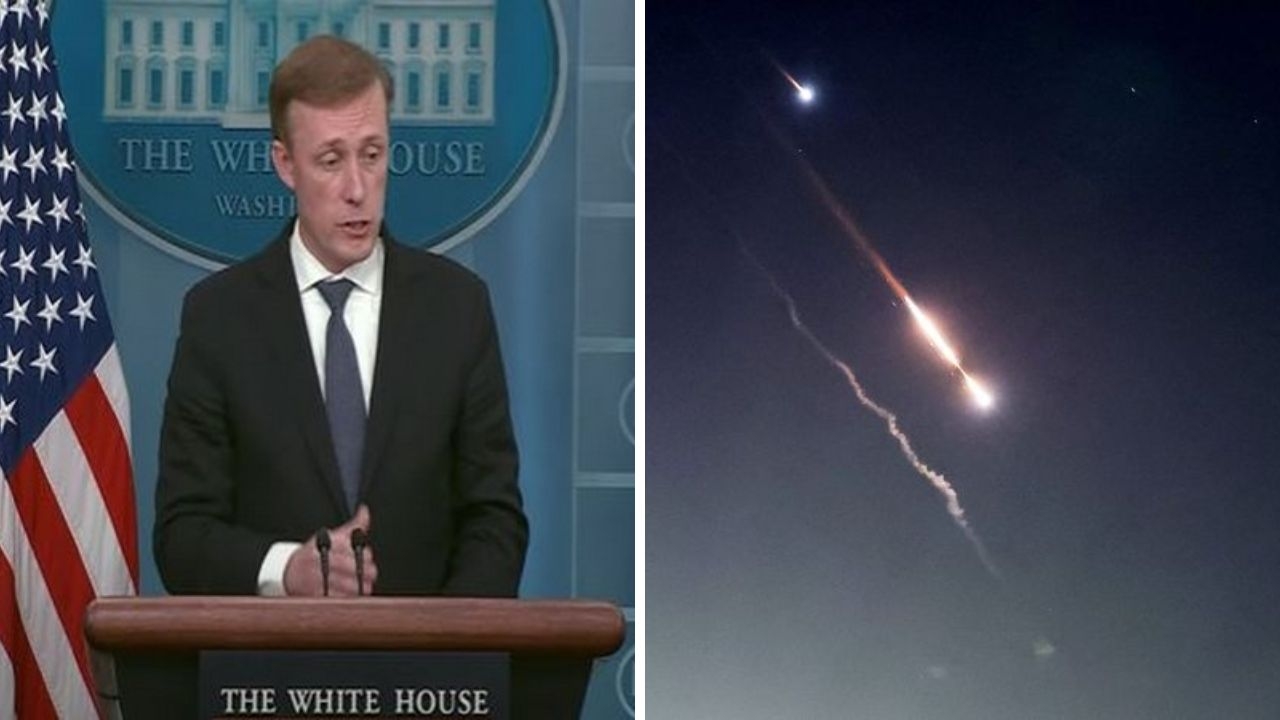One year to go: Rio Olympics on the brink of embarrassment

The delay
- Preparations for the 2016 Rio Olympics are way behind schedule
- IOC vice-president John Coates said last year that they were the worst he had ever seen
- With exactly one year to go, only 60% of the infrastructure work is complete
The concerns
- Water sports venues are facing terrible pollution issues
- Brazil is hit by the worst drought in 50 years, but 5 million litres of water a day are used to maintain the golf course
- Last year\'s FIFA World Cup cost the country US$9 billion of the taxpayers\' money
- Locals are worried that money is not being spent on things like safety and education
Every four years, the Olympic Games are supposed to showcase the pinnacle of sporting achievement for the human race.
But with precisely one year to go for Rio 2016, the only race that officials in Brazil are concerned with is the one against time.
Preparations way behind schedule
Brazil is already heavily crippled from the financial blows it received because of hosting the 2014 FIFA World Cup.
But the objective is simple - the Olympics preparations are way behind schedule and have to be completed in a way that would not cause embarrassment to the nation.
When national pride comes into question, there is an amplified push to save face, and the collective heave of effort is noticeable.
Look closer home for instance - the 2010 Commonwealth Games in New Delhi. There was chaos, mismanagement and disorder till the last moment, but in the end, Delhi received plaudits from the world over for pulling off one of the best CWGs.
The Olympics, though, are no Commonwealth Games. More than double the number of athletes participate, and almost triple the number of officials are involved.
The worst run-up ever
In the case of Rio, it took a brutally honest and embarrassing comment by International Olympic Committee vice-president John Coates last year to get preparations to the slightly better level they are at today.
Coates described the preparations as "the worst I have experienced" and "worse than Athens", the 2004 host city that had set the bar particularly low.
He added: "There is bureaucracy, there is little coordination between the federal (government), the state government and the city. The flow of funds from the federal government is not happening quickly enough."
They are far from being prepared even now, which gives one an idea of how abysmal it was a year ago. Only about 60% of the infrastructure work is complete, as compared to London 2012, where, with one year to go, over 80% of the work had been completed.
A year ago, IOC vice-president John Coates had described the preparations as "the worst I have experienced"
At the time of Coates's statement, work had not begun on Deodoro, the second largest complex in the Games, having eight temporary sports venues.
The work on the golf course, which was supposed to announce the return of the sport to the Olympic fold after more than a century, was alarmingly behind schedule, and water pollution was a concern for sailing and other aquatic sports.
The present scenario
A year on, the completion of the golf course has been announced, and Deodoro actually has construction workers at the venue.
But shocking statistics about the level of pollution in the water of the water-based sports venues continue to emerge. The venue where rowing and canoeing will take place - Rodrigo de Freitas Lagoon - had 1.7 billion adenoviruses per litre, which can cause severe diarrhoea and vomiting.
Recently, 32 tonnes of dead fish had to be removed from the lake, as contamination levels reached an extreme.
Even more alarmingly, 400 tons of garbage flows in on a daily basis into Guanabara Bay, where sailing events will take place.
Local populace suffering
Water venues are not the only ones to face backlash from environmental activists, as even the golf venue has been described as an environmental disaster.
It has cleared portions of the Atlantic Forest, which is part of Brazil's national heritage.
Organising a sporting mega event is the interests of the local population are often severely compromised. It becomes a question of delivering the Games rather than the organising committee or the government asking itself, is it worth it after all?
Southeastern Brazil is currently facing its worst drought in 50 years, and yet 5 million litres of water are being pumped on a daily basis to maintain the golf course.
Apart from all the environmental issues, there are huge economic concerns too. The FIFA World Cup last year cost Brazilian taxpayers a combined total of US$9 billion.
The mayor's solution
There is a growing angst in the country that money is not being spent on priority issues like improvement of public transport, safety and education.
However, Eduardo Paes, the mayor of Rio de Janeiro, has a fix that provides a tangible solution to these pressing concerns.
He has proposed that the handball arena be dismantled after the Games and re-assembled into four schools, and the hugely expanded system of public transport will treble the number of people who use public transport in the city.
While this can only be a good thing, it is being viewed as something that merely sweetens the bitter pill for the populace.
The troublesome part
A lot of the construction firms responsible for building Games venues allegedly had a part to play in the multi-billion dollar scandal around Petrobras, the Brazilian state oil company.
The public-private partnership structure that Rio's mayor proposed in building the Games venues and facilities puts them at great risk of being utilised for personal use, rather than being opened to the public like they should be.
With soaring costs and construction workers working round the clock, the Games have already cost the city a lot, and not just monetarily. What will be most interesting to see is if Rio can now finish the rest of the preparations with minimum fuss and efficiency.
The experience till now suggests otherwise, but as mayor Paes has said, "Everybody knows Brazilians can throw a party; the Olympics will show they can also complete big projects on time and on budget."
First published: 5 August 2015, 12:53 IST






![BJP's Kapil Mishra recreates Shankar Mahadevan’s ‘Breathless’ song to highlight Delhi pollution [WATCH] BJP's Kapil Mishra recreates Shankar Mahadevan’s ‘Breathless’ song to highlight Delhi pollution [WATCH]](http://images.catchnews.com/upload/2022/11/03/kapil-mishra_240884_300x172.png)

![Anupam Kher shares pictures of his toned body on 67th birthday [MUST SEE] Anupam Kher shares pictures of his toned body on 67th birthday [MUST SEE]](http://images.catchnews.com/upload/2022/03/07/Anupam_kher_231145_300x172.jpg)






